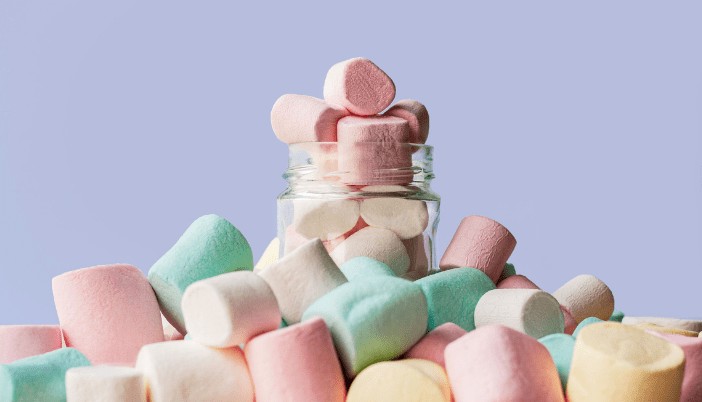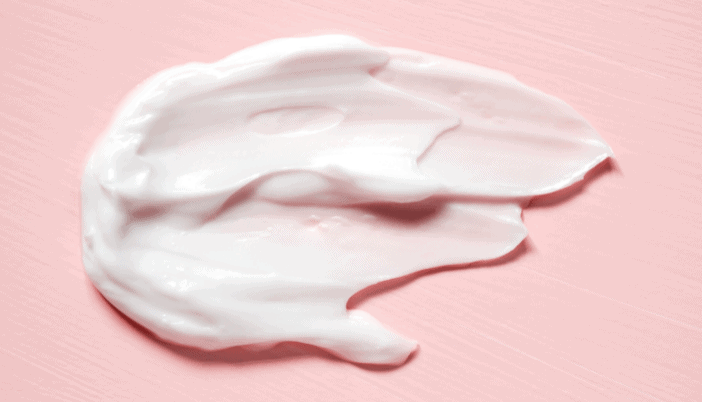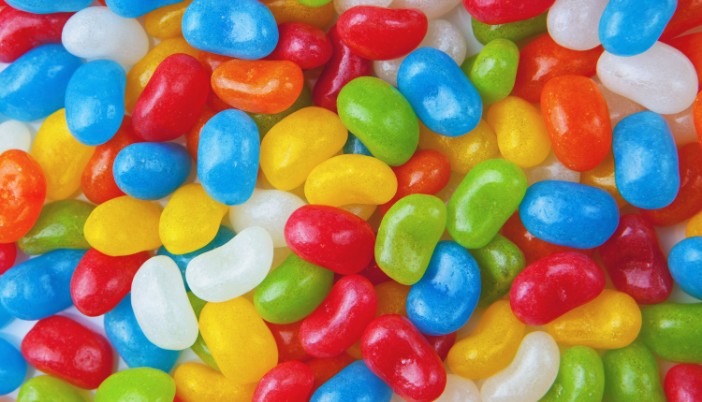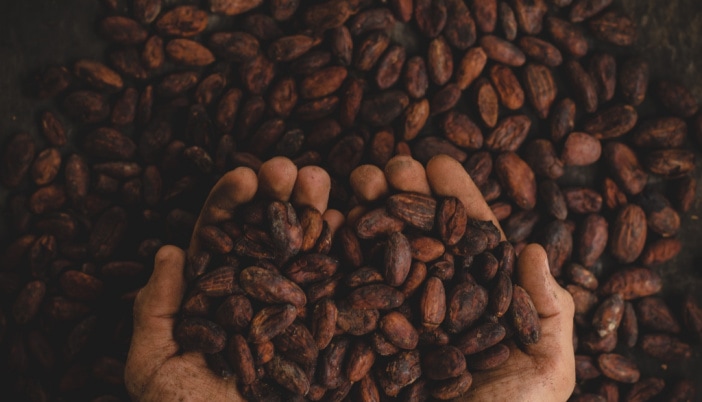Are Starbursts Vegan: Demystifying the Status of America’s Favorite Chewy Candy
With their vibrant colors and bursting fruit flavors, Starbursts have been a mainstay in American candy bags and lunchboxes for generations. But for individuals embracing a vegan lifestyle, whether these chewy delights align with their values remains a sticky situation. So, are Starbursts vegan? As with many things in life, the answer is not a simple yes or no.
Starburst U.S. Ingredients
At first glance, the Starburst ingredient list seems relatively benign: corn syrup, sugar, hydrogenated palm oil and soybean oil, citric acid, malic acid, artificial flavors, natural and artificial colors, confectioner’s glaze, and starch. However, within this seemingly innocent list lies the crux of the vegan debate:
- Confectioner’s Glaze: This shiny coating, responsible for the Starburst’s signature glossy appeal, is crafted from shellac, a resin secreted by lac beetles. While technically not directly animal-derived, the harvesting process often involves scraping the shellac from the beetles’ bodies, raising ethical concerns for vegans who oppose insect exploitation.
- Gelatin: While there has been some debate about whether or not gelatin is present in U.S. Starbursts, some international versions of the official Starbursts website list gelatin as an ingredient in their formula. This animal-derived ingredient, sourced from collagen in animal bones and skin, is a clear deal-breaker for any strict vegan.
Complete List of Ingredients in U.S. Starbursts
Main Ingredients:
- Corn syrup
- Sugar
- Hydrogenated palm kernel oil (or soybean oil for certain varieties)
- Citric acid
- Malic acid
- Gelatin
Additional Ingredients:
- Artificial flavors
- Natural and artificial colors (including Red 40, Yellow 5, Yellow 6, Blue 1)
- Confectioner’s glaze (made with shellac, a resin secreted by lac beetles)
- Starch
Gelatin and Vegans
Gelatin, that wobbly, flavorless ingredient responsible for jellies, marshmallows, and some cheeses, presents a complex obstacle for those embracing a vegan lifestyle. While seemingly innocuous, its source – collagen extracted from the bones and skin of animals – clashes with the core principles of veganism. The production of gelatin undeniably involves the exploitation and slaughter of animals, making it incompatible with vegan ideals of minimizing animal suffering.
Confectioner’s Glaze and Vegans
Confectioner’s glaze, that shiny coating often found on candies and baked goods, presents a complex situation for vegans, raising ethical and dietary concerns. The critical concern lies in the glaze’s origin – shellac, a resin secreted by lac beetles. While technically not directly animal-derived, the harvesting process often involves scraping the shellac from the beetles’ bodies, raising ethical concerns for vegans who oppose insect exploitation. For strict vegans, even trace amounts of animal-derived ingredients, like shellac, are incompatible with their commitment to avoiding all animal products. Others might have a personal threshold, considering the minimal amount of glaze less concerning than other animal-based ingredients.
Ethical Considerations
These two key ingredients present a dilemma for vegans. Using gelatin and confectioner’s glaze puts them in a moral gray area. Determining whether or not to indulge becomes a matter of personal interpretation and individual priorities:
- Strict Vegan Approach: Individuals adhering to a strictly plant-based diet, avoiding even trace amounts of animal products, might opt for alternative candies devoid of shellac and gelatin.
- Personal Threshold: For some vegans, the potential ethical concerns posed by shellac might not be a deal-breaker, especially if other aspects of their diet adhere strictly to vegan principles.
- Transparency and Traceability: Some vegans consider the production process’s transparency and the ingredients’ source when making choices. Understanding the harvesting methods for shellac and prioritizing brands committed to ethical sourcing might influence their decision.
Vegan Alternatives to Starbursts
The good news for those craving that satisfyingly chewy and fruity candy experience is that the plant-based food market is booming! Delicious and ethical alternatives to Starbursts are readily available, offering comparable textures, flavors, and even playful dunking potential. Some popular options include:
- Smart Sweets Sweet Fruity Gummy Candies: These vegan and allergy-friendly gummies boast vibrant colors and natural fruit flavors reminiscent of Starbursts.
- Daiya Squish Candies: These soft and chewy candies in various fruit flavors offer a similar texture to Starbursts without animal-derived ingredients.
- Surf Sweets Organic Fruity Sour Belts: With their tangy-sweet flavors and chewy texture, these vegan sour belts provide a satisfying alternative to Starbursts.
- YumEarth Organic Fruit Snacks: Made with natural fruit and no artificial ingredients, these chewy fruit snacks offer a healthy and delicious option for the Starburst fan seeking a vegan alternative.
- Unreal Candy Co. Fruit Chews: Available in a range of classic and unique flavors, these vegan fruit chews use organic fruit purees and natural flavors for a burst of fruity.
Taste Preferences
Whether or not to consume Starbursts depends on your values and dietary priorities. The presence of confectioner’s glaze and gelatin with its ethical implications, poses a legitimate concern for some vegans. However, others might find this consideration negligible in the grand scheme of their plant-based journey.





